NEWS BRIEFINGS: LATEST DEVELOPMENTS IN INDIA
Imagine a sea of news stories, each shouting for your attention, each framing the country as a Left vs. Right battleground. It's exhausting and toxic, isn't it? Especially when you're just looking for news that directly impacts you.
Newsreel Asia's daily News Briefings section cuts through the noise and handpicks one story that truly matters to you. We break down complicated narratives while preserving their nuances. We sift, you benefit.
Our perspective is humanitarian, not a tug-of-war between ideologies. Read News Briefings daily–it will just take 5 minutes–and you'll find yourself equipped with the knowledge, understanding and wisdom to think critically and form your own opinions. You'll become not just an informed citizen, but an engaged and responsible one.
To subscribe to our weekly newsletter, click here.
Latest News Briefings
Amid tensions between India and Pakistan over the April 22 terror attack near Pahalgam in Jammu and Kashmir, United Nations Secretary-General António Guterres, speaking through his spokesman Stéphane Dujarric, has “appealed to both governments to exercise maximum restraint” and asked them to keep the situation from sliding any further.
The central government has approved a 720 billion (72,000 crore) rupees plan to cut away roughly a third of Great Nicobar Island for a deep-water transshipment port, an international airport, a township and a power plant. Civil society groups and scientists say the scheme will strip forests, choke rivers, ruin nesting beaches and expose the Shompen – one of the world’s most isolated tribes – to disease and displacement that could wipe out their culture.
Gunmen opened fire on tourist tents in Baisaran meadow above Pahalgam in Jammu and Kashmir on April 22, killing at least 26 people – all men – and injuring several more, according to media reports, which quote witnesses as saying that the terrorists, who reached the car-free pasture supposedly on foot or horseback, accused some families of supporting Prime Minister Narendra Modi, shot the men at close range and then escaped into the surrounding pine forest.
The Delhi High Court expressed strong disapproval against Baba Ramdev, founder of Patanjali Foods, for using the misleading and provocative term “Rooh Afza jihad” in communal remarks targeting Hamdard, the pharmaceutical and food company famous for its popular drink, Rooh Afza. The matter came up before Justice Amit Bansal, who, after hearing preliminary arguments on April 22, warned Ramdev’s counsel of issuing a stringent order if such behaviour continued.
A financial markets expert has issued a cautionary note to India’s middle class: the stable, salaried white-collar jobs – typically office-based roles or other professional positions that rely more on intellectual input than manual labour – that once defined upward mobility are gradually disappearing.
The Supreme Court is scheduled to hear a significant case on April 23 that concerns the treatment of victims of hate crimes and mob lynching in India. The case argues that the current system for compensating such victims is inconsistent, arbitrary and unconstitutional.
The Indian government has proposed to ease its nuclear liability laws, driven mostly by commercial and geopolitical goals, according to Reuters. The move involves a shift in how legal responsibility is assigned in the event of a nuclear accident, raising concerns that public interest may have been sidelined.
Weeks before the second anniversary of the outbreak of violence in Manipur, the Union government has informed the Supreme Court that a forensic report on the leaked audio recordings—referred to as the “Manipur Tapes” and allegedly featuring former Manipur Chief Minister N. Biren Singh, implicating him in the unrest—is ready and will soon be submitted in a sealed envelope.
During the Supreme Court’s hearing on the constitutional validity of the Waqf (Amendment) Act, 2025, Chief Justice of India Sanjiv Khanna posed pointed questions to both the government and the petitioners. The Act, which came into force recently, has been challenged by several petitioners who argue that it infringes on religious freedoms and the administrative autonomy of the Muslim community.
Tamil Nadu Chief Minister M.K. Stalin has announced the formation of a high-level, three-member committee tasked with reviewing the status of state rights under the Indian Constitution and recommending ways to preserve them. The committee, formed in response to alleged overreach by the Centre, will be chaired by retired Supreme Court judge Kurian Joseph.
The National Council of Educational Research and Training (NCERT) has reportedly started assigning Hindi titles to textbooks meant for English medium students. Kerala’s Education Minister V. Sivankutty has described the decision as “irrational” and demanded an immediate review, criticising it for being in conflict with India’s constitutional and federal principles.
As India marks Ambedkar Jayanti today, citizens would do well to revisit B.R. Ambedkar’s vision for the country—as a scale by which to measure the conduct of governments and political parties.
The Supreme Court has ruled that governors and the President must adhere to specific timelines when deciding on state bills, affirming its power of judicial review to prevent political obstruction in legislative processes.
Tulsi Gabbard, the Director of National Intelligence in the United States, has raised concerns about the vulnerability of electronic voting systems (EVS) in the country. Her remarks have, interestingly, prompted India’s Election Commission (ECI) to issue a statement reaffirming the integrity of its own electronic voting machines (EVMs).
The Allahabad High Court granted bail in a rape case, citing controversial reasoning. In his order, Justice Sanjay Kumar Singh appeared to shift blame onto the complainant—a postgraduate student—stating that she had chosen to drink alcohol late at night in a pub and to accompany the accused.
A semiconductor entrepreneur has written an open letter to Piyush Goyal, Union Minister of Commerce and Industry, in response to his criticism of Indian startups for focusing on food delivery, betting, and fantasy sports platforms instead of high-tech sectors such as semiconductors and artificial intelligence. The founder argues that it is the government’s systemic inefficiencies that pose the real barrier to innovation in deep-tech industries.
Raghuram Rajan, a former head of the Reserve Bank of India, believes that the current tensions between the United States and China could work in India’s favour. The uncertainty caused by the conflict will likely compel companies to look for safer and more stable countries to do business with. If India acts smartly and quickly, it could attract more trade and investment, he explained in a media interview.
Multiple petitions challenging the constitutional validity of the recently enacted Waqf (Amendment) Act, 2025, have been filed before the Supreme Court. The petitioners, including the Dravida Munnetra Kazhagam (DMK) party, argue the Act infringes upon religious freedom and property rights.
U.S. President Donald Trump has announced significant tariff increases on imports, aiming to address trade imbalances and bolster domestic industries. A universal 10% tariff was imposed on all imported goods, with higher rates targeting specific countries based on trade deficits. These tariffs have led to immediate global economic repercussions.
An article in Organiser, the Rashtriya Swayamsevak Sangh’s (RSS) official publication, has claimed that the Catholic Church is India’s largest non-governmental landowner, surpassing even the Muslim Waqf Board. The assertion has triggered concerns that after targeting Muslim property through the recent Waqf Amendment Bill, the RSS might now focus on Christian properties.
Acid attack survivors found allies in Parliament on April 2, as Rajya Sabha MP Sanjay Singh from the Aam Aadmi Party (AAP) led a meeting to push for stronger legislative action against the crime. Joined by about eight other MPs at the Constitution Club of India in Delhi, Singh amplified the demands of Brave Souls Foundation (BSF)—a survivor-led NGO—calling for stricter laws and better support for victims.
The Waqf (Amendment) Bill, 2025, passed in Parliament on April 4, has raised significant concerns among Indian Muslims regarding its potential implications on religious autonomy and minority rights. Despite assurances from the government that the amendments aim to improve governance and transparency, critics argue that the changes could undermine the independence of Waqf institutions and jeopardise the management of historical Islamic endowments.
Days after protesting students of University of Hyderabad were lathi-charged, the Supreme Court on April 3 ordered the State of Telangana to halt all developmental activities in the Kancha Gachibowli area of Hyderabad, citing large-scale felling of trees and environmental concerns.
The Supreme Court has directed the Uttar Pradesh government and the Prayagraj Development Authority to pay 1 million (10 lakh) rupees in compensation to six individuals whose homes were unlawfully demolished in 2021. The court condemned the demolitions as a violation of constitutional rights and ordered the payment to be made within six weeks.
The Congress party-led Telangana government is facing backlash after police used force against protesting students at the University of Hyderabad and detained a journalist covering the demonstrations. The protests erupted over the state government’s decision to auction 400 acres of land in Kancha Gachibowli, which students and activists claim is vital for biodiversity and ecological balance.
Assam-based news reporter Dilwar Hussain Mozumder was released from judicial custody on March 29 after securing bail in the second case against him. However, Chief Minister Himanta Biswa Sarma’s response seems to reveal a lack of understanding regarding what constitutes journalism and who qualifies as a journalist.
The central government issued 66 takedown notices to X (formerly Twitter) over the past year, with one-third targeting content critical of Union Ministers and government agencies, according to The Hindu, whose report is based on an analysis of court documents from a lawsuit filed by X challenging the government’s actions in the Karnataka High Court.
The Supreme Court has observed that protecting freedom of speech and expression, even when what is said is unpopular or disliked, is essential and must be respected in a healthy democracy. The observation came in a case involving Congress MP Imran Pratapgarhi, who was accused of promoting enmity through a poem shared in a social media post.
The Bharatiya Janata Party’s (BJP) ability to pass bills in Parliament may not be as straightforward as you might think. With the dynamics of coalition politics, the composition of the two Houses of Parliament, and the nature of the legislation in question, the ease—or difficulty—of getting bills approved varies greatly.

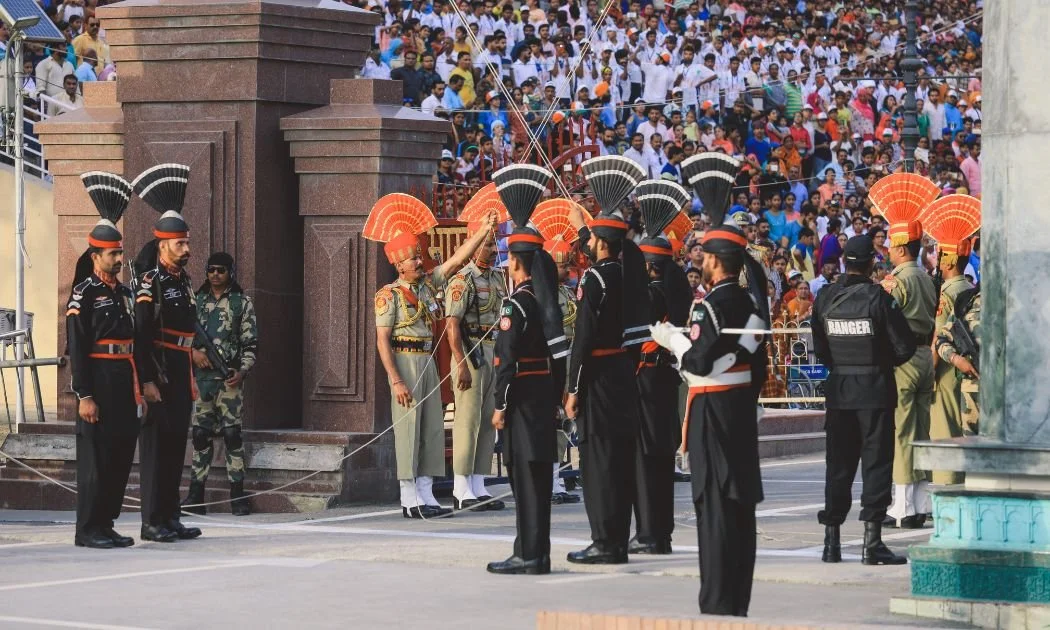
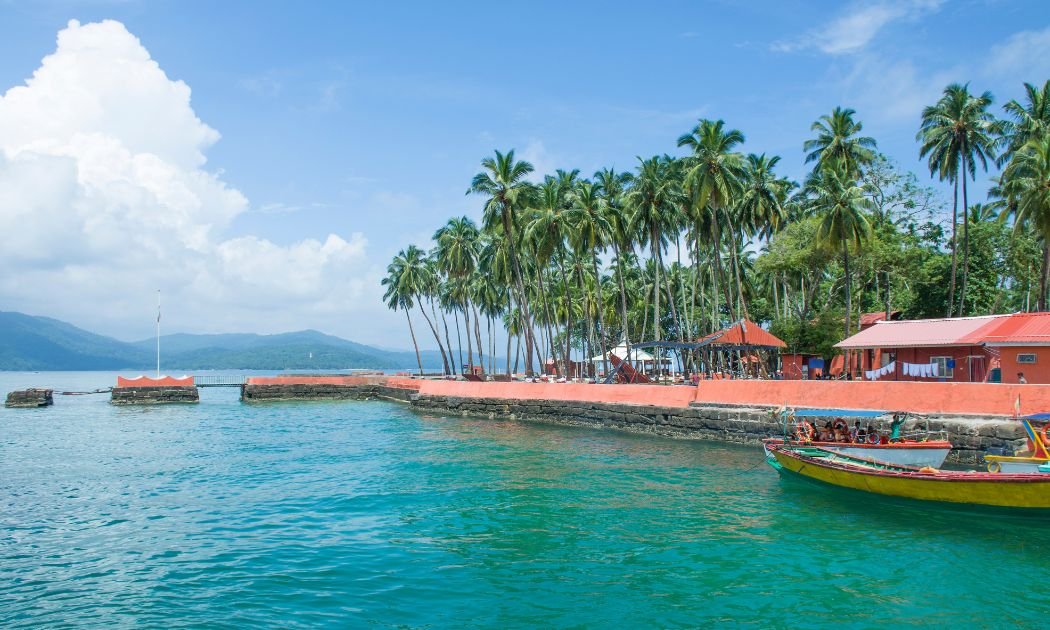
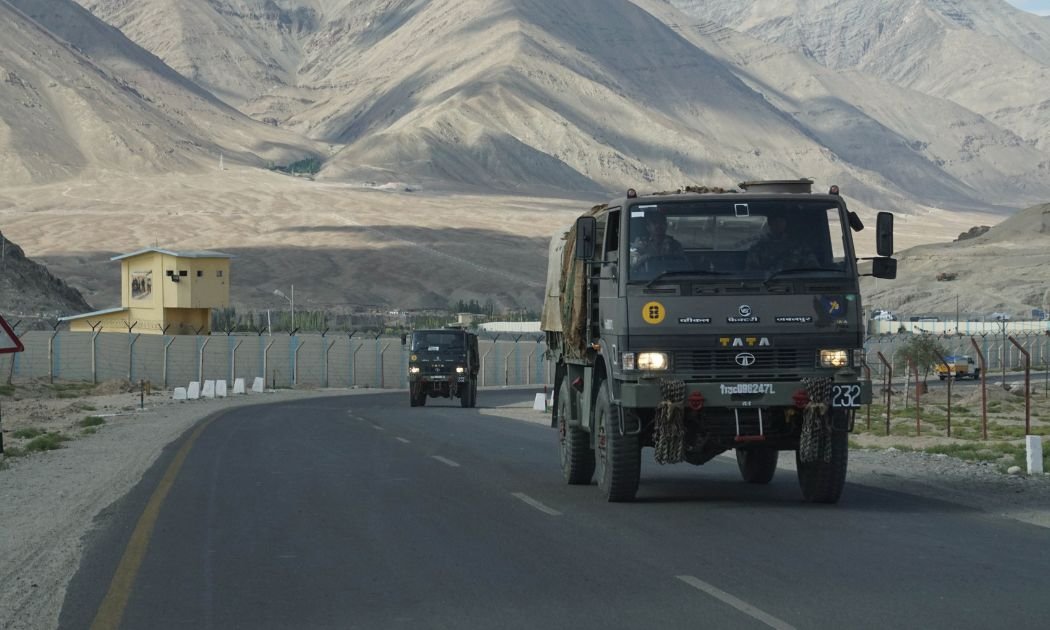








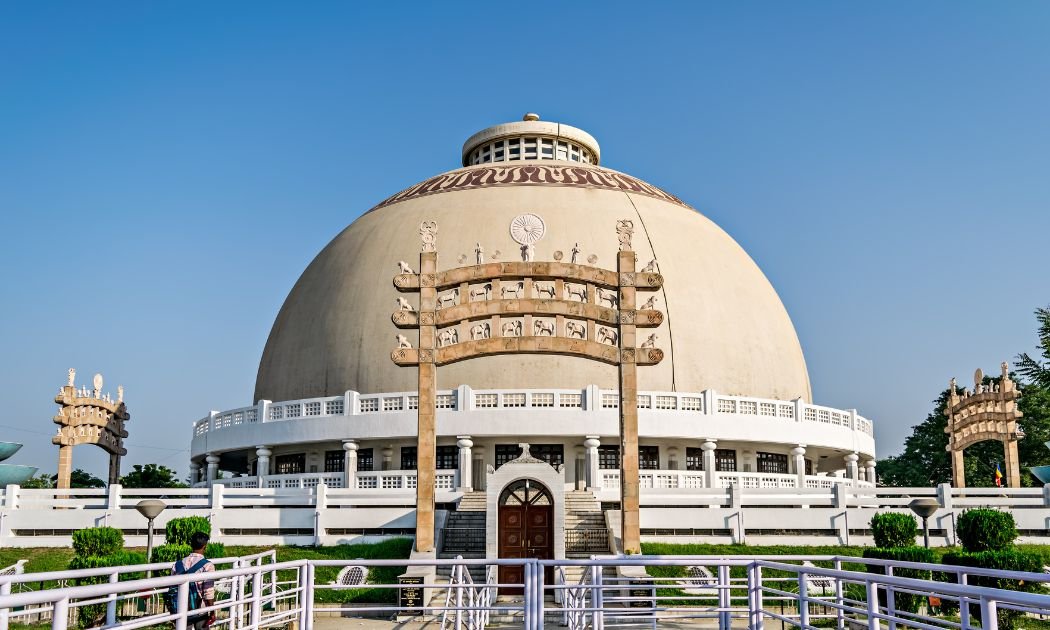










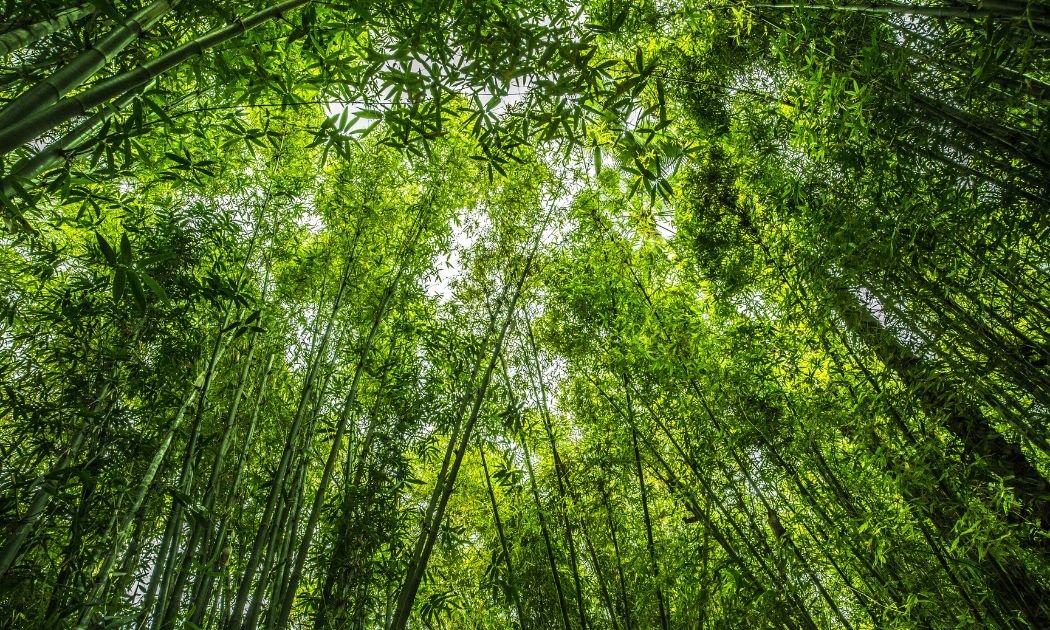






Imagine being over 60 and having to travel 14 kilometres for a routine check-up and more than 40 kilometres for a hospital bed; a new study in a journal, The Lancet Regional Health – Southeast Asia, shows this is normal for India’s 138 million older adults, exposing how sheer distance—more than cost or doctors—now dictates whether they receive care at all.